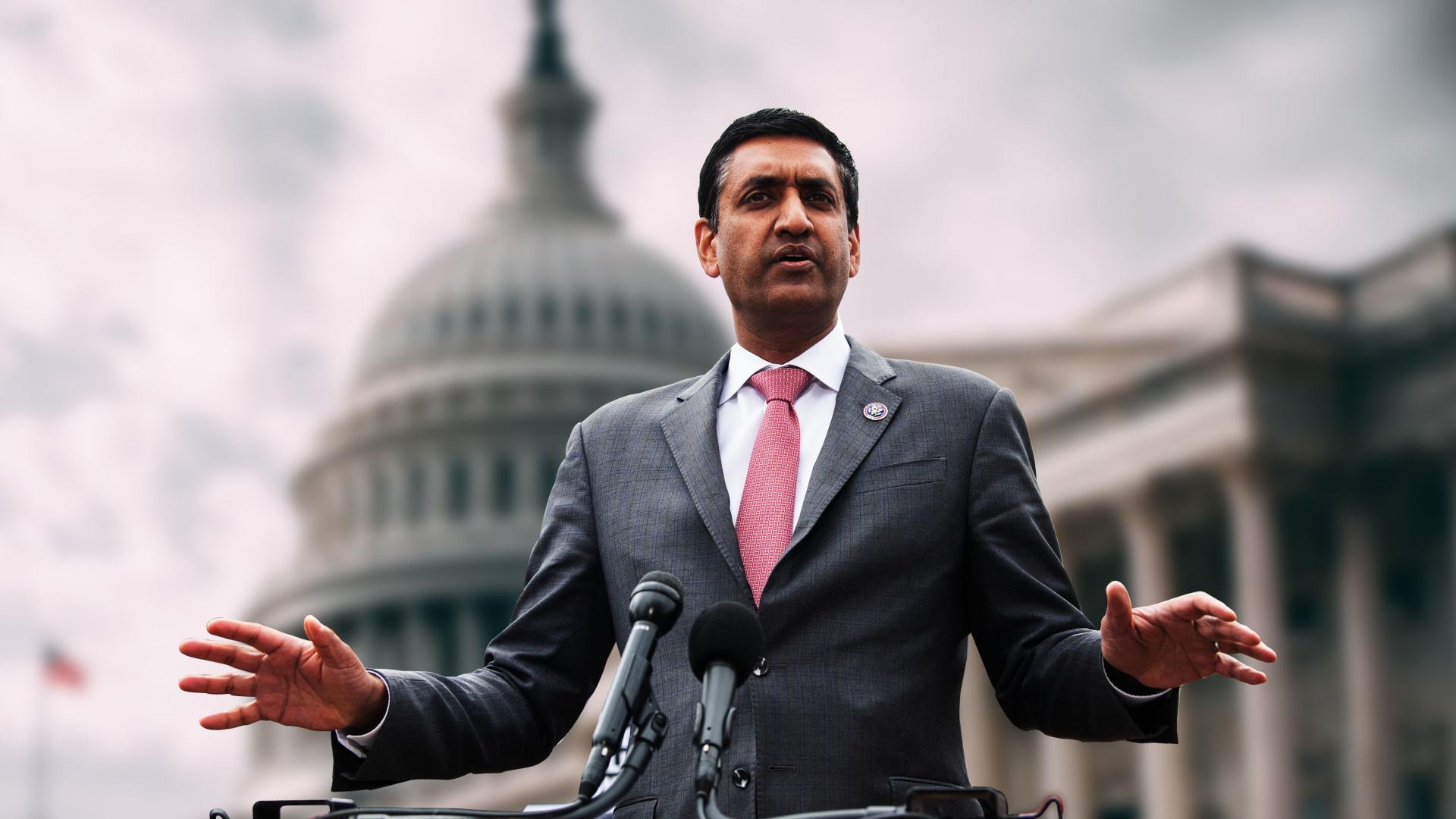Representative Ro Khanna (D-CA) has ignited a political firestorm by introducing an amendment on July 14, 2025, demanding a full House floor vote to release the complete, unredacted Jeffrey Epstein dossier. The move, announced via a post on X, bypasses committees and redactions, forcing every member of Congress to publicly declare their stance on transparency in the Epstein case. Khanna’s bold action comes amid growing public frustration over the secrecy surrounding the disgraced financier’s files, which many believe could implicate powerful figures. The amendment pressures House Speaker Mike Johnson to call a vote, putting lawmakers on record in a high-stakes showdown.
 Epstein, who died in 2019 while facing sex trafficking charges, has long been at the center of speculation due to his ties to influential individuals, including former Presidents Bill Clinton and Donald Trump, as well as the UK’s Prince Andrew. His death, officially ruled a suicide, has fueled conspiracy theories about a cover-up to protect a supposed “client list.” Khanna’s amendment responds to these concerns, aiming to restore public trust by demanding full disclosure. “Why are the Epstein files still hidden? Who are the rich & powerful being protected?” Khanna posted on X, emphasizing the need for accountability.
Epstein, who died in 2019 while facing sex trafficking charges, has long been at the center of speculation due to his ties to influential individuals, including former Presidents Bill Clinton and Donald Trump, as well as the UK’s Prince Andrew. His death, officially ruled a suicide, has fueled conspiracy theories about a cover-up to protect a supposed “client list.” Khanna’s amendment responds to these concerns, aiming to restore public trust by demanding full disclosure. “Why are the Epstein files still hidden? Who are the rich & powerful being protected?” Khanna posted on X, emphasizing the need for accountability.
The amendment follows months of controversy, particularly after Attorney General Pam Bondi’s February 2025 release of limited Epstein files, which contained no new revelations and drew criticism for heavy redactions. Bondi’s claim that no incriminating client list exists, coupled with FBI Director Kash Patel’s dismissal of conspiracy theories, has only deepened public skepticism. Posts on X reflect a polarized sentiment, with some praising Khanna’s push as a “genius” move to expose complicity, while others dismiss it as political theater, arguing that victim protections justify redactions.
Khanna’s strategy is politically savvy. By forcing a roll-call vote, he ensures transparency on which lawmakers support or oppose releasing the files. Supporters, including progressive voices like Rep. Jamie Raskin, argue this could either reveal the truth or expose those blocking it, potentially swaying public opinion ahead of midterms. Critics, including some Republicans, contend that unredacted releases risk harming victims and that the amendment may fail in the Republican-controlled House. A recent Senate amendment by Sen. Chris Van Hollen to preserve Epstein records passed unanimously, suggesting bipartisan interest, yet Khanna’s push for no redactions raises the stakes.
The Epstein case remains a lightning rod, with allegations of elite cover-ups fueling distrust in institutions. Khanna’s amendment, if brought to a vote, could mark a turning point, either by unveiling long-hidden truths or highlighting congressional resistance. As public pressure mounts, the outcome will likely shape perceptions of government transparency. Whether the amendment passes or fails, its introduction has already reignited debate, with X users amplifying the call for answers. The nation watches as Congress faces a moment of reckoning, forced to confront the Epstein saga’s lingering questions head-on.[](https://www.newsweek.com/democrat-ro-khanna-demands-vote-release-full-jeffrey-epstein-files-2098309)[](https://thepostmillennial.com/dem-rep-ro-khanna-to-force-house-vote-on-full-release-of-epstein-files)






